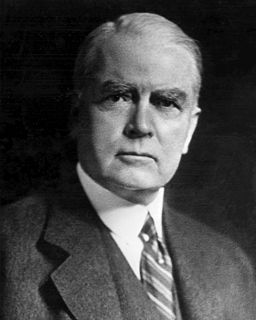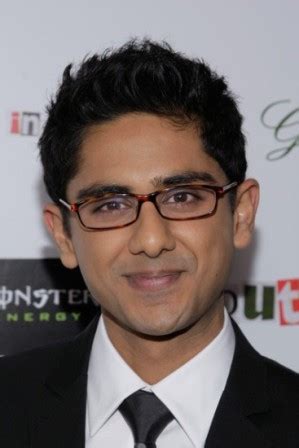A Quote by Benjamin Disraeli
Accent and emphasis are the pith of reading; punctuation is but secondary.
Quote Topics
Related Quotes
I do think that the imagination you create yourself when you're reading, to create the tone and the accent of the world, is an individual accomplishment that someone is imposing upon you by listening to them read it. Because you're listening to their interpretation, and their emphasis would probably be different from the one that your brain makes while you're reading it.
Coming to terms with the rhythms of women's lives means coming to terms with life itself, accepting the imperatives of the body rather than the imperatives of an artificial, man-made, perhaps transcendentally beautiful civilization. Emphasis on the male work-rhythm is an emphasis on infinite possibilities; emphasis on the female rhythms is an emphasis on a defined pattern, on limitation.
They said [on a day show], oh, you can't do a Chinese accent. That's - and I said, I'm not doing a Chinese accent. I'm doing my friend's accent. And they said, yeah, you can't do that. And I said, OK, but can I do a Russian accent? And they said, yeah, yeah, of course, you can do that. I said, and a British accent? They said, yeah, go ahead. And I couldn't understand.



































